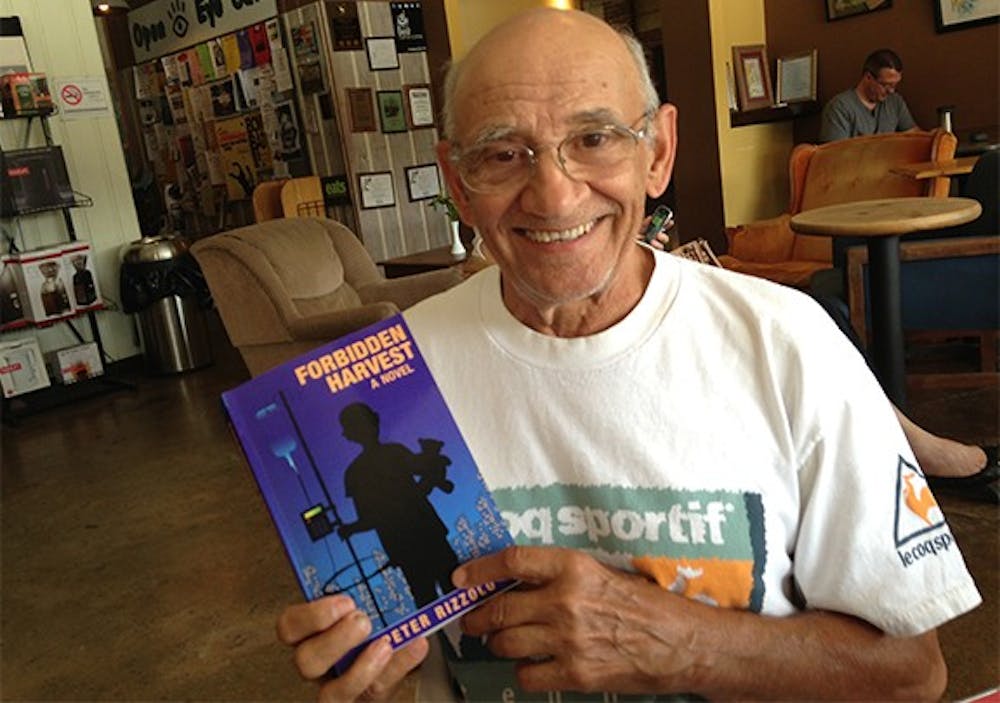Author Peter Rizzolo will be reading from his new novel “Forbidden Harvest” today at the Bull’s Head Bookshop.
Rizzolo spoke with staff writer Rebecca Pollack about the importance of donating organs and his inspiration for the book.
Daily Tar Heel: Can you give me a little summary of “Forbidden Harvest?”
Peter Rizzolo: It’s a book about a 13-year-old boy, who has a heart attack, and then a year later his heart is failing, and he needs a new heart.
It’s all a part of the struggles that they go through looking for the donor organ for their child.
It’s also about a pathologist who happens to be the boy’s godfather who works at a children’s hospital in Seattle — a children’s memorial hospital — and he’s a researcher in preservation of harvested organs.
Everyday at autopsies he’s holding in his hands organs that could save lives that he has to discard. Finally he decides to take the matter into his own hands and starts removing organs without the hospital’s knowledge or parental consent.
DTH: What prompted you to write this book?
PR: I’m a family doctor, and I grew up in north New Jersey, right in the middle of the city, and when I was six years old, we moved to a six-family house. On the first floor was a Jewish delicatessen, and they had a son who was a year older than me, and we became very close buddies.



